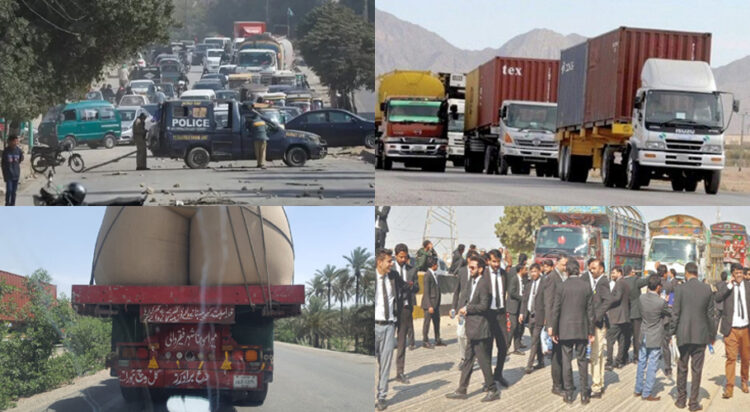Pakistan’s two major agricultural provinces, Punjab and Sindh, have once again come face to face over the issue of water distribution, as reported by national media.
The center of the dispute is a controversial canal project initiated by Punjab, which is being labeled a threat to Sindh’s agriculture, economy, and federal harmony.
Background
The canal project initiated by the Punjab government is a large-scale agricultural and irrigation initiative, allegedly aimed at promoting corporate farming on a large scale in South Punjab.
Under this project, water from the Indus River is proposed to be diverted through various canal routes to specific areas of Punjab. This could not only reduce Sindh’s share of water, but also pose a serious threat to the province’s agriculture, particularly to the farming community.
Sindh’s political parties, farmers’ unions, and civil society are calling this project a “water grab” and a violation of inter-provincial agreements. According to them, under the Constitution and the 1991 Water Accord, Sindh must receive its rightful share of water, which they believe is endangered by this project.
Political, Public, and Judicial Resistance
There has been intense backlash against the project in Sindh. Not only rural areas, but urban centers like Karachi have also become actively involved in the dispute. The most prominent protest has come from the Karachi Bar Association, which has announced an indefinite complete boycott of all courts starting April 22, 2025.
According to a statement, all courts in Karachi will remain closed, and all entry gates of the City Court have been shut. Lawyers are allowed to enter only through the judges’ gate. This step has been taken as a show of solidarity with the ongoing sit-ins by lawyers in Karachi and Sukkur, where lawyers have declared the project unconstitutional and against inter-provincial unity.
Blocked Routes
In response to the water stoppage, Sindh’s public and business communities have taken drastic steps by blocking trade routes coming from Punjab to Karachi. In particular, freight trucks heading toward the Northern Market, carrying thousands of animals, vegetables, and other goods, have been stuck on the way.
These animals are suffering from severe hunger and thirst, while truck drivers and owners are complaining of intense mental stress and financial losses. In several locations, locals have stopped trade convoys coming from Punjab to register their protest. The business community fears that if the situation persists, there could be a sharp rise in inflation in Sindh’s markets.
Federal Silence and Growing Unease
Despite the intensity of the dispute, the federal government has yet to issue a clear stance, which has caused considerable anger in Sindh. Experts say that the federal government’s silence is not only fostering mistrust in Sindh but also threatens to further deteriorate inter-provincial relations.
Political analysts warn that if immediate negotiations and transparent policymaking are not undertaken, the dispute could turn into a major constitutional crisis, with implications for the country’s economy and national security.
The six-canal project is no longer just a technical or agricultural initiative, it has become a major test of inter-provincial relations, constitutional equality, and fair resource distribution in Pakistan.




































